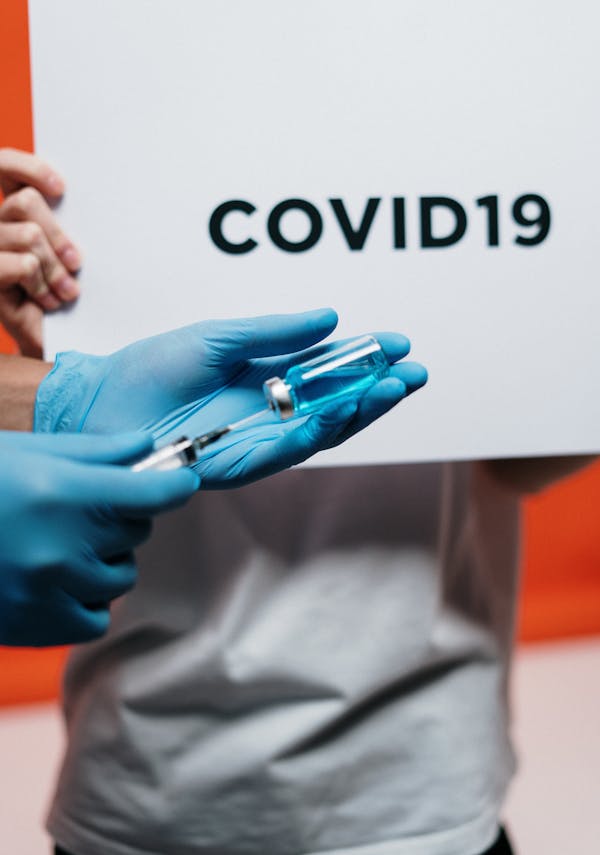The Department of Health and Human Services intends to hold a planning session on Aug. 30 that would bring together representatives from drugmakers, pharmacies and state health departments with a stake in a Covid-19 treatment industry.
The Trump and Biden administrations have always planned to shift the bill for Covid-19 shots and treatments from the federal government to individuals. As Covid-19 cases decline, more operations resume and funding for the pandemic response dwindles, officials are now working to map that transition.
According to an HHS official, it will likely take months to transition funding for Covid-19 medications and vaccines to the private market. Officials and business leaders will discuss regulatory difficulties, access to vaccinations and treatment for those without insurance, reimbursement and coverage, and regulatory challenges at the meeting this month.
Dawn O'Connell, assistant secretary for readiness and response at HHS, stated that the moment had come for the organisation to enter the commercial market. We don't want to impose it on you.
The adjustment has difficulties, such as ensuring that the approximately 30 million individuals without insurance can get immunizations and treatments. During the epidemic, the federal government has been acquiring Covid-19 vaccinations and treatments and dispersing them gratis.
According to Anne McDonald Pritchett, senior vice president of the industry trade association Pharmaceutical Research and Manufacturers of America, or PhRMA, "there are concerns of reimbursement, equal access to vaccines and treatment, and distribution that need to be resolved."
Pharmaceutical firms like Moderna Inc. and Pfizer Inc. as well as its partner BioNTech SE stand to gain billions of dollars from the shift. Paxlovid, a Covid-19 medication, generated $8.1 billion in global sales for Pfizer during the second quarter.
According to a Wall Street Journal analysis of earnings reports, as of February, businesses like Pfizer and Moderna have estimated at least $79 billion in total global revenues for Covid-19 vaccines and treatments.
For antivirals, research, and vaccinations against future variations, among other things, the administration had asked Congress for up to $30 billion. Republicans argued against allocating any additional funds until existing Covid-19 relief cash was used up.
The public-health and social-services emergency fund for healthcare professionals was depleted by the middle of February. The government ceased providing monoclonal antibody therapy in August. Eli Lilly & Co. has started selling its Covid-19 monoclonal antibody medication commercially to governments, hospitals, and other healthcare organisations. Updated vaccine doses for the fall have already been the subject of purchase agreements signed by the administration.
According to Larry Levitt, executive vice president for health policy at the Kaiser Family Foundation, moving vaccine purchases to the commercial market would require each insurer and pharmacy benefit manager to negotiate with drug manufacturers, and prices would likely be higher than what the federal government has paid. According to him, insurers would have to start covering the cost of the vaccinations, which would probably result in higher premiums.
The United States might lag behind other nations in gaining speedy access to booster shots and new variant-specific immunizations, according to Mr. Levitt, if the government doesn't buy vaccine doses in advance.
Other challenges include the timetable each drug or vaccine manufacturer has for when they want to move into the commercial market. Also, Medicare and Medicaid, federal insurance programs for older and lower-income people respectively, don’t cover antivirals because they are only approved under an emergency-use authorization.
“We want to make sure everyone who needs access gets access,” Ms. O’Connell said.




.png)
The opinions posted here do not belong to 🔰www.indiansdaily.com. The author is solely responsible for the opinions.
As per the IT policy of the Central Government, insults against an individual, community, religion or country, defamatory and inflammatory remarks, obscene and vulgar language are punishable offenses. Legal action will be taken for such expressions of opinion.